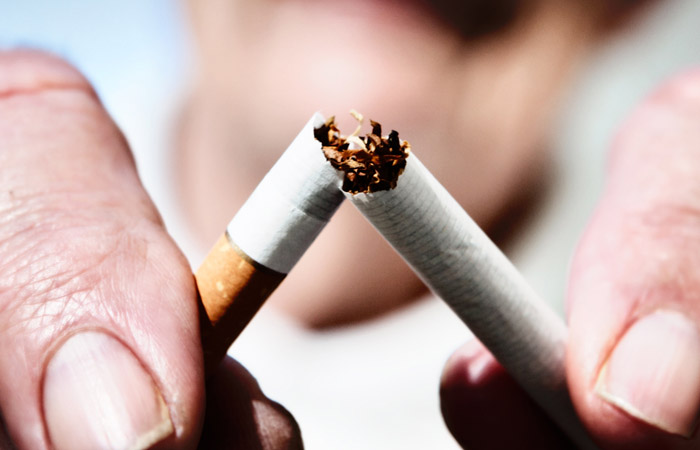
Smoking in IBD
Smokers are more likely to develop Crohn’s disease and for it to be more severe. Medications will not work as effectively as in those who don’t smoke, so it is important patients are encouraged to stop smoking, especially women (who appear to be at a higher risk).
In contrast, ulcerative colitis is sometimes triggered in people who stop smoking, and smoking appears to decrease the severity of UC. However, as smoking carries significant risk of other health problems, patients should absolutely be encouraged not to continue.
Exercise
Although patients with IBD often experience fatigue, exercise should not be avoided if possible. Exercise and physical activity can help reduce stress and anxiety. As IBD patients are already at risk of osteoporosis/osteopenia, patients should be encouraged to do regular weight-bearing exercise to help prevent these complications Find out more here.
Diet
Patients with inflammatory bowel disease may have serious vitamin deficiencies and malnutrition. It is important that a GP or specialist centre carries out blood tests to check. There is no specific diet that patients with IBD should follow but they should be advised to avoid any foods that they know may trigger symptoms.
Patients are encouraged to have a healthy diet. However, if they have increased symptoms, they may find decreasing their fibre intake for that period helps to reduce cramping and bowel movements. This means avoiding green leafy vegetables, nuts, seeds, whole grains and fruits with peels.
A low-fibre diet may also be recommended if patients have a stricture or following surgery. Patients who have weight loss or malnutrition can be referred by their GP to a dietician for further support and advice.
